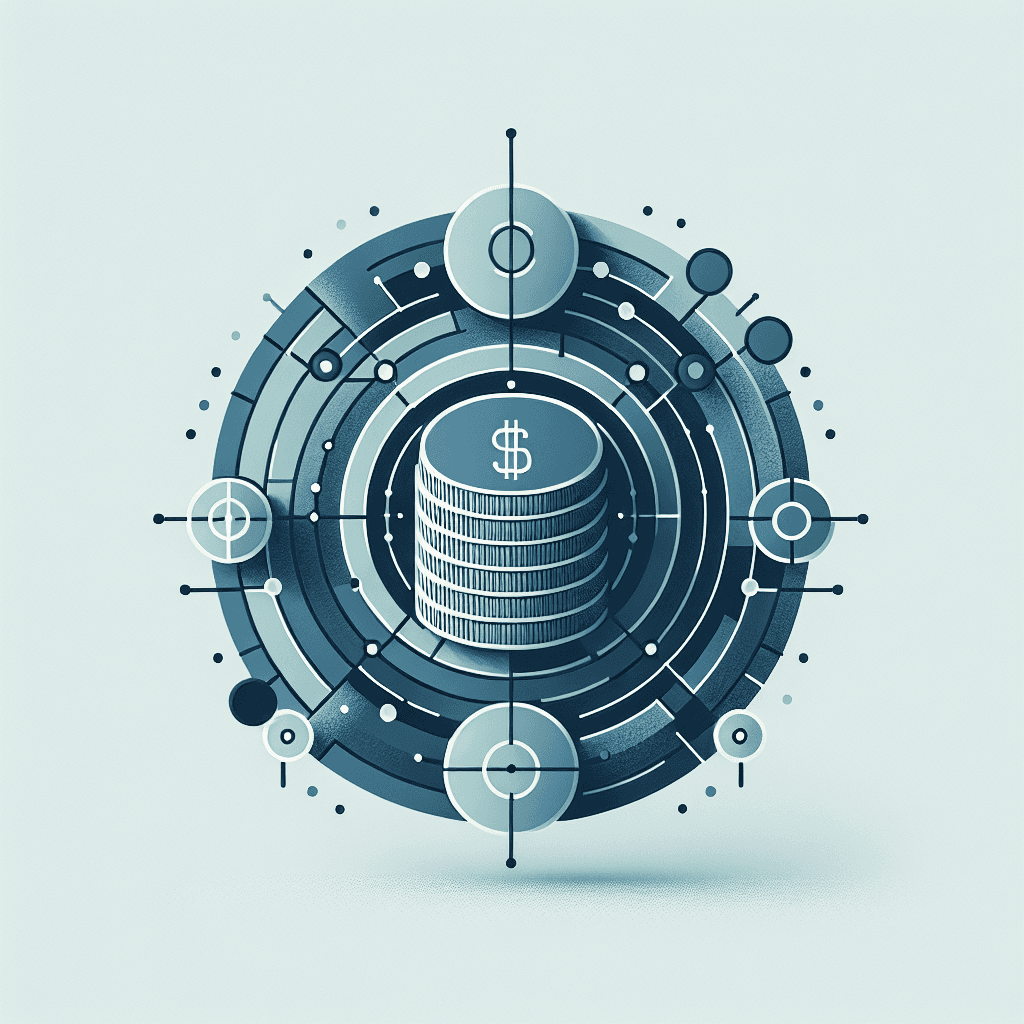Protecting Your Data in Finance Apps
Sep 10, 2024
9
min read
The Importance of Data Security in Financial Apps
In today’s digital landscape, financial apps are essential for managing budgets, tracking expenses, and planning financial goals. However, this convenience comes with the need for strict data security measures. Financial apps store sensitive information, including bank details, income, spending patterns, and other personal data, making them a target for cyber threats. Understanding how your data is protected in these apps is crucial for maintaining both security and peace of mind.
Built-In Security Features: Authentication and Encryption
Modern finance apps employ a range of built-in security protocols to safeguard data. Two of the most common features are multi-factor authentication (MFA) and data encryption. MFA requires multiple steps to log in, like a password and a verification code sent to your device, which significantly reduces unauthorized access risks. Encryption, on the other hand, transforms your data into a secure format, so even if a breach occurs, your information remains unreadable without the correct decryption key.
The Role of Data Anonymization and Limited Access
Finance apps often use data anonymization techniques, which remove identifying details from user information. This makes it harder for attackers to trace data back to you personally, adding a layer of privacy. Additionally, many reputable finance apps restrict employee access to user data, ensuring that only essential personnel with a specific purpose can view or interact with it.
Regular Software Updates: Keeping Security Current
Security in finance apps is continuously evolving to meet emerging threats. Regular software updates address security vulnerabilities and implement the latest defenses against potential cyber-attacks. Users should ensure they download updates promptly, as outdated versions of apps are more susceptible to breaches.
User Responsibility in Data Security
While finance apps are designed to protect data, users also play a role in maintaining security. Being mindful of using secure passwords, avoiding public Wi-Fi for sensitive transactions, and monitoring account activity for unusual behavior are essential practices. Awareness and proactive steps can significantly enhance security, complementing the app’s in-built protections.
Conclusion: Balancing Convenience with Security
Using financial apps for money management offers substantial convenience, but data protection must be a priority. Understanding the security features of your chosen app and taking responsible steps as a user ensures that you can confidently manage your finances, knowing your data remains safe.




